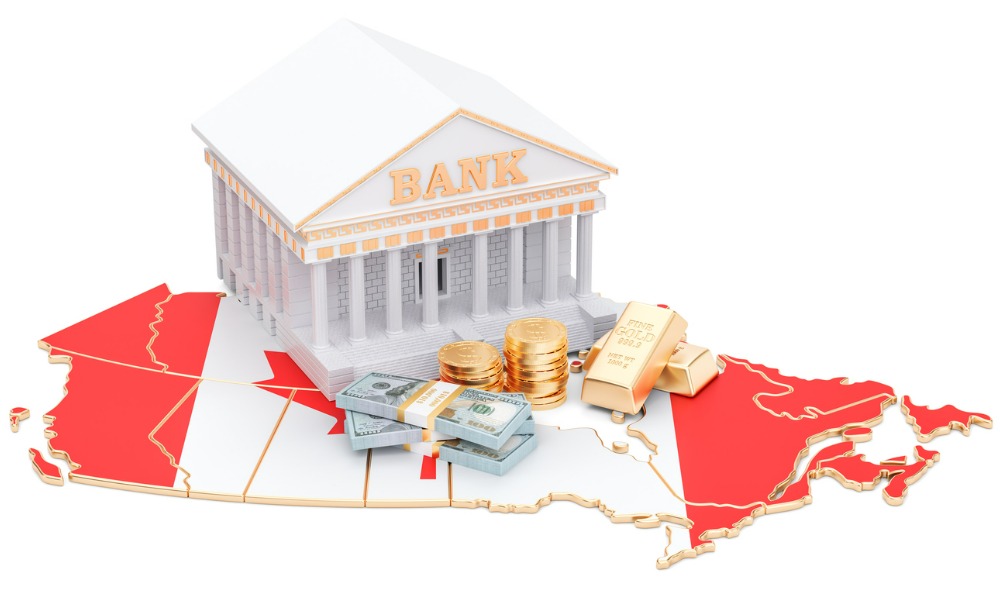National regulator should relax current caps as Canadian banks show strength across multiple measures, argues specialty ETF firm

The case for Canadian banks to announce higher dividends is as strong as it could be – if only the national regulator would allow it.
That’s the thesis Hamilton ETFs put forward in a new commentary, which said the apparent hesitation of the Office of the Superintendent of Financial Institutions (OSFI) to allow dividend increases among banks amounts to a lost opportunity for investors.
“[G]iven OSFI has not yet made any announcements, it appears likely the banks will not increase dividends next week (coincident with Q3 reporting),” the commentary said, adding that the year-end reporting period in November/December will be the next logical window for banks to declare higher dividends. “[A]s time goes by, the cap [on dividends] seems less and less logical.”
The commentary noted that earnings and capital – the two most critical indicators of financial strength – among Canadian banks are sitting at a record high. Aggregate earnings across the banks, it said, exceeded $14 billion, while common equity Tier 1 capital ratio was 12.8%, which is an all-time high for the group.
The banks have also set aside a “gigantic” $21 billion of reserves or allowances against performing loans, Hamilton ETFs said, giving them a formidable cushion against unexpected challenges. With reserves normalizing lower, the firm said it expects another $4 billion to $6 billion to be released back through earnings and into capital, bolstering the sector’s dividend-paying capabilities.
“Loan losses continue to be low and are likely to remain so for several quarters, which will also support capital generation,” it said. “In fact, it is difficult to find a single item in bank results that supports the ongoing moratorium on dividend increases.”
One possible reason for OSFI’s slowness to lift the cap on dividends, the commentary acknowledged, is to maintain caution in the face of rising COVID cases and the impending seasonal strength of the virus.
But with nearly two thirds (64%) of Canadians having been fully vaccinated, and a large number of investors relying on bank dividends for income and at least partial relief against pandemic-related financial challenges, the firm submitted that raising the cap would amount to a net positive overall.



